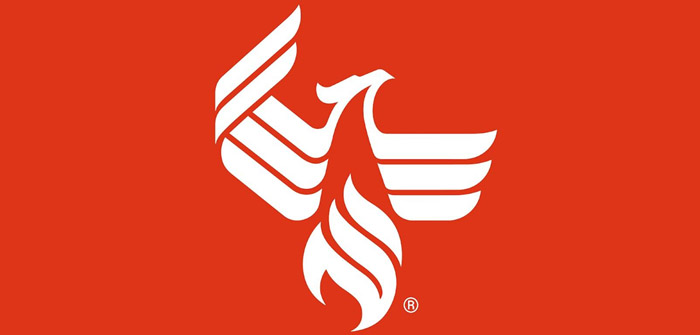The 2020 Academic Annual Report recently released by University of Phoenix provides an in-depth look at how the University responded to one of the most challenging and tumultuous years of its history. This included expanding its focus on Diversity, Equity, Inclusion and Belonging (DEIB) as well as offering increased career resources and competency-based degrees.
“No one could imagine the life-changing events this year would bring to our world,” said University of Phoenix President Peter Cohen. These remarks preceded mention of the COVID-19 pandemic and the deaths of George Floyd, Amaud Arbery, and Brionna Taylor, which brought to light the persistent racism that plagues our country. “At University of Phoenix, we quickly focused on where we could begin to make an impact on both fronts. We knew that our long history and expertise in online and remote learning should be shared with our colleagues in education.”
How University of Phoenix Shifted Its Efforts in 2020 to Better Support the Needs of Educators and Students
In response to the pandemic, University of Phoenix curated a set of free courses from its College of Education, said Cohen, sharing them with teachers from K-12 to college level to provide them with skills and resources to shift to virtual instruction. The University also ramped up resources for guiding online teaching and learning by collaborating with Blackboard to create the Alliance for Virtual Learning, which launched a Virtual Teaching Academy. Free, online, interactive events held in June and July 2020 drew participation from nearly 6,000 teachers and administrators from across the U.S.
In addition to supporting broader national efforts to offer high-quality virtual learning environments, University of Phoenix remained “laser focused” on the needs of its students, said Cohen, many of whom were “disproportionately impacted by the pandemic.”
Many University of Phoenix students are working parents, and the pandemic thrust them into a challenging new world where they had to balance both work and their children’s remote education needs. According to the Annual Report, 83.4 percent of University of Phoenix students are employed while attending school, and 64.6 percent have dependents. Nearly 60 percent of University students are first-generation college students, and 56.3 percent are ethnic minorities.
University of Phoenix Students Rose to Meet the Challenges of the Pandemic
Across the board, University of Phoenix students rose to meet the pandemic’s challenges and continued pursuing their college degrees and career goals. Retention rates rose month-to-month throughout 2020. “Our students found a way to continue to progress through their degree programs, despite the world being turned upside down by the pandemic.”
The report showed that University of Phoenix students also met or exceeded University Learning Goals (ULGs) in 2020, five key skills that are highly valued in the workplace. On all five skill sets including professional competence and values, critical thinking and problem solving, communication, information utilization and collaboration, University of Phoenix students scored above 90 percent competency.
“Our aim is to always help students meet their education goals efficiently and cost-effectively,” Cohen said, “Even during a pandemic.”
Addressing Systemic Racism at University of Phoenix
University of Phoenix also made adjustments to its internal practices in 2020 to more intentionally confront the problem of systemic racism. This was brought to greater light by both the unequal impact of the COVID-19 pandemic on communities of color and by the Black Lives Matter movement’s wave of national protests.
The University launched the Inclusive Café, a place to “explore positive and effective responses as we explore this new reality together,” Cohen said. Launched in June 2020, the Inclusive Café is a virtual space for faculty and staff to build community through biweekly sessions hosted by subject matter experts on topics impacting various communities.
Other DEIB initiatives instituted in 2020 included producing a special edition of the Phoenix Scholar journal that looked at systemic inequity and social justice reforms and creating the Cultural Competence Task Force, a diverse group of 22 stakeholders who developed a framework for better serving students of all backgrounds. The University also hosted an Inclusive Classroom series for faculty led by the Faculty Engagement and Development Team as well as an Essential Conversations webinar series in cooperation with other organizations and individuals to discuss ways to create a more inclusive communities.
About University of Phoenix
University of Phoenix is continually innovating to help working adults enhance their careers in a rapidly changing world. The University offers a range of online degree options including associate, bachelor’s, master’s and doctoral degrees as well as certificate programs designed to align with the career goals of adult learners. Flexible schedules, relevant courses, interactive learning and Career Services for Life® commitment help University of Phoenix students more effectively pursue educational aspirations while balancing their busy lives. For more information, visit www.phoenix.edu.





